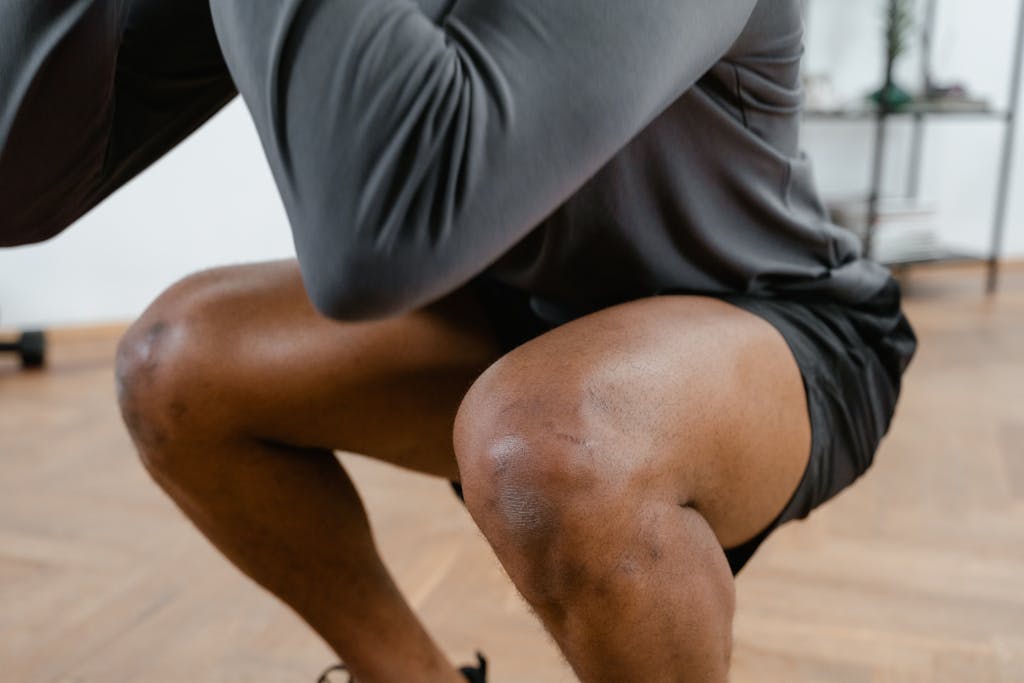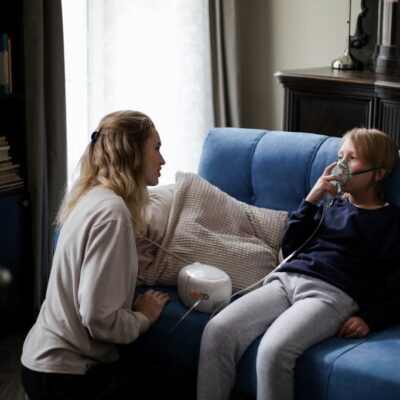Knee pain is a widespread issue that affects people across all age groups and lifestyles. Whether you’re an athlete, a senior, or someone who leads a sedentary lifestyle, knee pain can significantly impact your daily activities and overall quality of life. This discomfort can stem from a variety of sources, such as acute injuries, chronic conditions like arthritis, or the natural wear and tear that comes with aging. Understanding the underlying causes and adopting effective management strategies can make a considerable difference in alleviating pain and preventing further complications. Here, we will explore some essential tips for managing knee pain, aimed at providing both immediate relief and long-term solutions.
Understanding the Causes
Knee pain can stem from different sources. Common causes include ligament injuries, meniscus tears, and osteoarthritis. Understanding the root cause of your knee pain is crucial for choosing the right treatment. Consulting a healthcare professional for an accurate diagnosis is always recommended.
Rest and Ice
One of the simplest yet most effective ways to manage knee pain is through rest and ice application. Resting the knee gives it time to heal, while ice can reduce inflammation and numb the pain. Apply an ice pack wrapped in a cloth for 15-20 minutes several times a day.
Exercise and Stretching
Engaging in regular exercise and stretching is vital for maintaining knee health. Low-impact activities like swimming, cycling, and walking can strengthen the muscles around the knee without putting too much stress on the joint. Stretching exercises, especially those targeting the quadriceps and hamstrings, can improve flexibility and reduce tension.
Weight Management
Maintaining a healthy weight is crucial for minimizing knee pain. Excess body weight puts additional strain on your knees, exacerbating pain and potentially leading to further damage. Adopting a balanced diet and regular exercise routine can help you manage your weight effectively.
Pain Relief Medications
Over-the-counter pain relief medications, such as acetaminophen or nonsteroidal anti-inflammatory drugs (NSAIDs), can help manage knee pain. These medications can reduce inflammation and alleviate pain. However, it is essential to use them as directed and consult a healthcare provider if you have any concerns.
Physical Therapy
Physical therapy can be highly beneficial for managing knee pain. A physical therapist can design a personalized exercise program to strengthen the muscles around the knee, improve flexibility, and enhance overall knee function. They can also provide guidance on proper movement techniques to avoid further injury.
Supportive Devices
Using supportive devices, such as knee braces or orthotic shoe inserts, can provide additional stability and reduce pain. Knee braces offer support to the joint and can help prevent further injury. Orthotic inserts can correct alignment issues and distribute weight more evenly across the knee.
Alternative Therapies
Several alternative therapies can complement traditional treatments for knee pain. Acupuncture, massage therapy, and chiropractic care have been shown to provide relief for some individuals. Always discuss these options with your healthcare provider to ensure they are safe and appropriate for your condition.
Surgery
In severe cases where other treatments have failed, surgical options may be considered. Procedures like arthroscopy, partial knee replacement, or total knee replacement can be effective in reducing pain and improving knee function. Surgery should be discussed thoroughly with an orthopedic specialist to determine the best course of action.
Managing knee pain effectively requires a combination of rest, exercise, weight management, and possibly medical intervention. By understanding the cause of your knee pain and exploring various treatment options, you can find relief and improve your overall quality of life. Always consult with healthcare professionals to develop a comprehensive and personalized plan for managing your knee pain. Taking proactive steps today can lead to a more comfortable and active future, free from the debilitating effects of knee pain.






